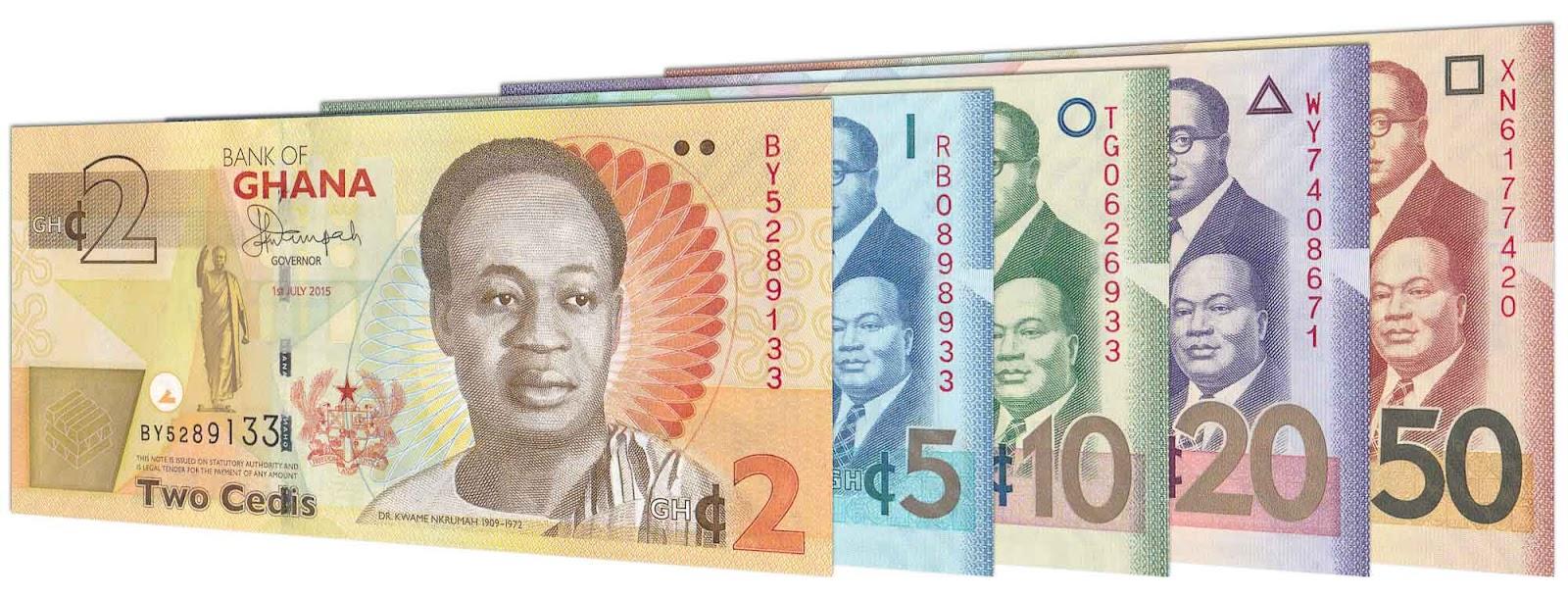Cedi Stabilizes After $2.8 Billion Boost from BoG

Accra, Ghana - 08 Jan, 2025 - The Ghanaian cedi has shown signs of stability after a tumultuous year, thanks in part to a significant injection of foreign exchange by the Bank of Ghana.
According to central bank data, approximately $2.8 billion was pumped into the foreign exchange market between August and December 2024. This move helped to alleviate some of the pressure on the cedi, which had been struggling against major currencies for much of the year.
The cedi's value against the US dollar, pound, and euro had plummeted by as much as 21.58%, 20.78%, and 17.70%, respectively, over the course of 2024. However, following the central bank's intervention, the cedi managed to trim its losses, closing out the year at a mid-rate of GH¢15.60 to the dollar.
Analysts attribute the cedi's instability to a combination of factors, including heightened corporate demand for foreign exchange and poor liquidity in the market. The Bank of Ghana's efforts to rebuild its foreign exchange buffers also played a role in the cedi's struggles.
"The central bank's intervention has helped to stabilize the cedi, but there are still challenges ahead," said economist Kwame Owusu. "The government needs to address the underlying issues driving the cedi's instability, such as the trade deficit and low foreign exchange reserves."
Despite these challenges, the Ghanaian government's recent payment of coupon obligations on its Eurobonds has helped to ease some of the pressure on the cedi. However, analysts warn that this development could also pose a downside risk to the currency in the near term.
As market players return from the New Year holidays, analysts expect the cedi to experience a mixed performance this week.
Market Data:
- Ghanaian cedi (GHS) closes at GH¢15.60 to the US dollar
- Cedi trims year-to-date losses to 21.58% against the US dollar
- Ghana's foreign exchange reserves stand at 3.5 months of import cover as of October 2024
Source: Lead News Online

























































